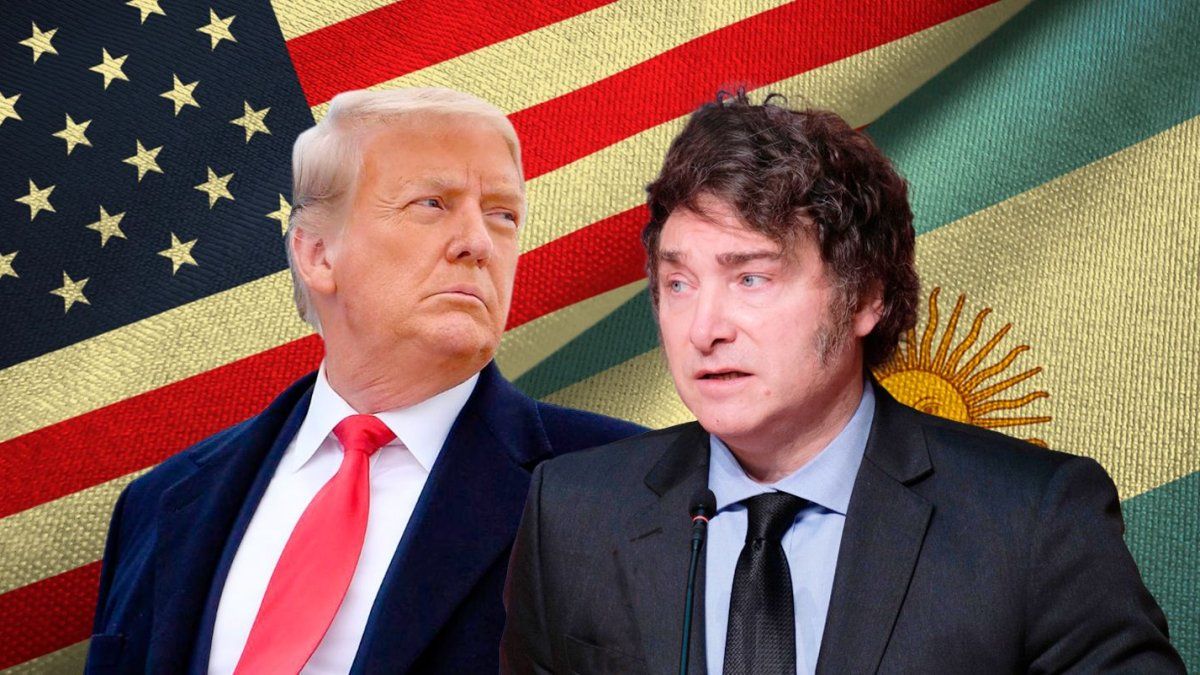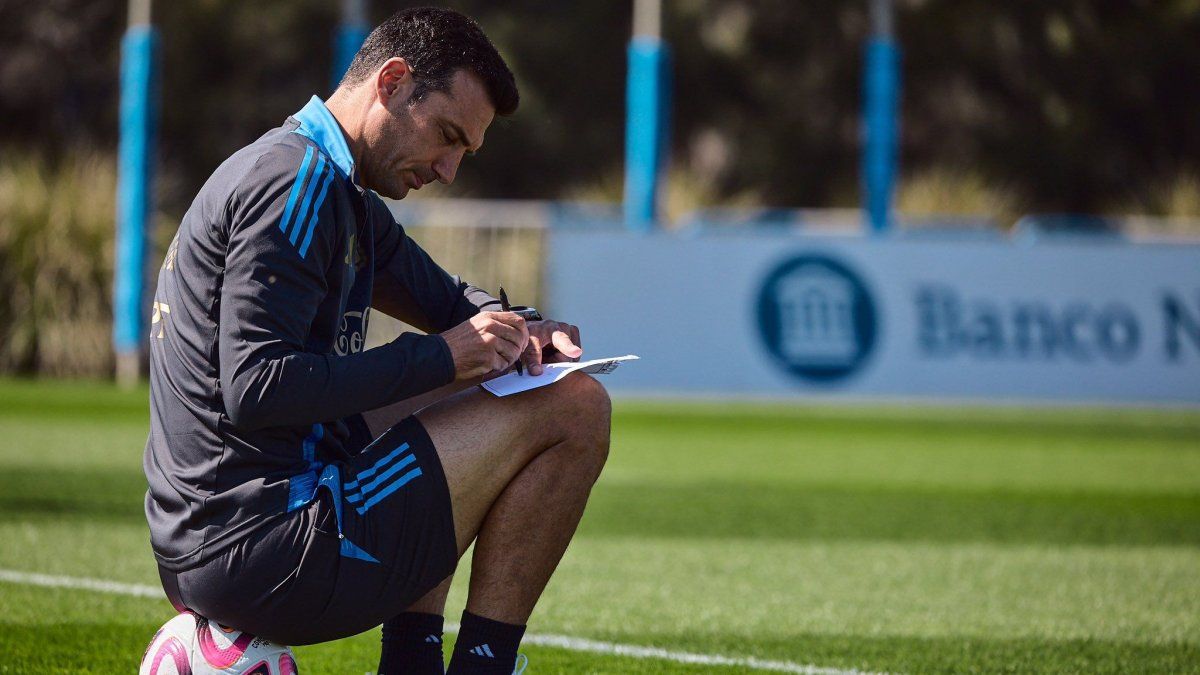Since the return of democracy in Argentina, a figure to think of national foreign policy is that of the myth of Sisyphus. The idea enshrined by Albert Camus in this character of Greek mythology describes the eternal condemnation of bringing a huge rock to the top of a mountain, only so that, when reaching the goal, the rock is confined towards the foot of it, where Sisyphus had to carry it again.
The mountains that, from the Alfonsín-Caputo tandem to the Fernández-Cafiero-Solá triad, have characterized this democratic period find in the Milei model an actor who, in line with his profile, gives not only a world that has changed, but also of a sustained disinterest in relations with governments, opposed to his willingness to be linked to (some) people.
For a country that, in foreign policy, has been constant in announcing successive returns to the world but has also represented continuities that have earned it a place in the diplomatic sand, full mimetization with the United States of Trump indicates that Argentina has entered into unknown land.
The most recent abstention in the United Nations General Assembly before a resolution on the retreat of Russian troops from Ukraine not only evidences that present, but also seriously impacts state issues, such as the break in the position on the principle of territorial integrity, directly linked to the legitimate claim of sovereignty over the Falkland Islands, Georgias del Sur and Sandwich of the South South Surrounding.
The problem, in addition to the future impact of this loss of a fundamental national interest, lies in the Milei of the “cultural battle”, which accelerates ideological disputes to remain relevant in one of the many global public agendas, colliding with the interpretation of the world that Trump himself proposes.
One thing is globalization, understood as global interconnection in terms of markets, financing, labor mobility, and so on; And another, globalism, which not only refers to the claim to establish marks for regulation and supranational governance on these processes, but also to the claim of specific actors, identities and agendas.
A basic element to understand the present is that globalization and globalism are questioned. This is because the United States, who for decades tried to forge a globalization model as an emerging hegemonic power after the end of the cold war, is in retreat. If globalization and globalism were going to enhance the United States, Trump interprets that this did not happen.
Trump is anti -globalization and antiglobalism. Milei, on the other hand, is Proglobalization and Antiglobalism. It was precisely Milei who presented at the Book Fair of Buenos Aires “The Cultural Battle”, the book from which Agustín Laje, writer and advisor of the president, questions what can be summarized on the United Nations 2030 Agenda.
The new national doctrine that is reflected with more noise in the intense and informal agenda of visits to the United States; The announcement, from Israel, to transfer the diplomatic headquarters of the country to Jerusalem or the political decision not to enter the BRICS, among other decisions, seems to ignore a world that dealt with a geoeconomic fragmentation and the protectionist acceleration that Trump proposes.
This idea that Milei proclaimed that opening the country to markets will be a guarantee of success for an Argentina that has decided to integrate into the world does not go in line with an international scenario in which countries seek to strengthen their positions through a plurality of alliances. Thus, Argentina and its foreign policy, characterized as “rebel without cause” from the PRO and of “international isolation and marginality” from Peronism, close to the worst world: economically dependent on China and politically subordinated to the United States.
The world has changed, and the national interest of a country like Argentina should focus on multiplying links, without sacrificing, in pursuit of personal interests of short breath, the relationship with its main commercial partners, much less, at the cost of abandoning historical positions in the diplomatic field.
International Analyst (USAL-UTDT)
Source: Ambito
David William is a talented author who has made a name for himself in the world of writing. He is a professional author who writes on a wide range of topics, from general interest to opinion news. David is currently working as a writer at 24 hours worlds where he brings his unique perspective and in-depth research to his articles, making them both informative and engaging.



